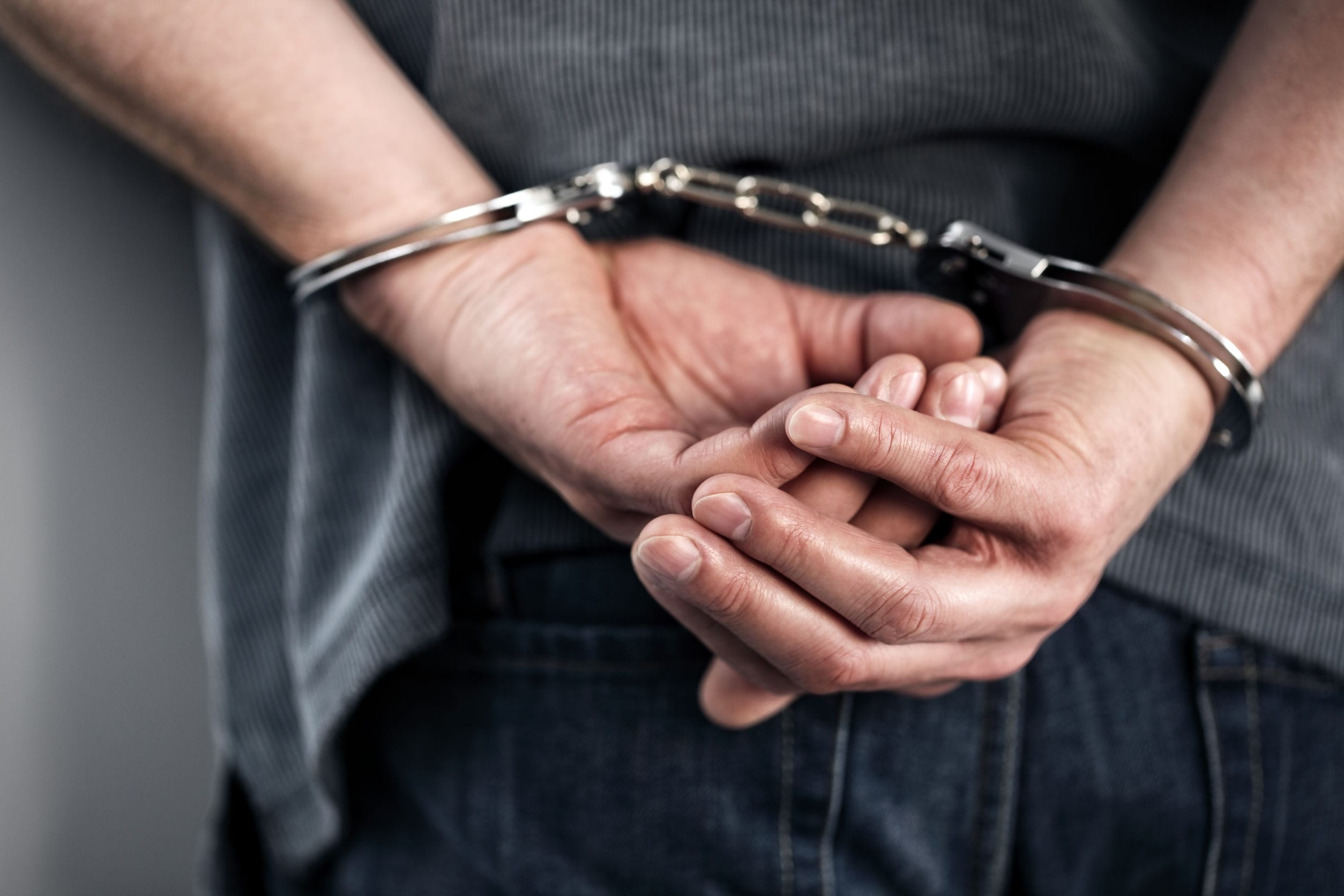- Home
- THE FIRM+
- Criminal Defense+
- CASE RESULTS
- AREAS WE SERVE+
- FAQ’s
- Blog
- Contact
AZHARI LLC BLOG

Posted By: Sami Azhari
Category:
This past Valentine’s day, a 19-year-old former student allegedly opened fire at Marjory Stoneman Douglas high School in Parkland, Florida. Parkland is a small suburb located north of Miami, near Ft. Lauderdale and not far from the Everglades.
The accused, Nikolas Cruz, told investigators that he shot students in hallways and classrooms of the high school. A total of 17 people were killed, and 14 injured, making the shooting one of the deadliest in the nation’s history.
The shooting lasted for only three minutes. When he was done firing, Cruz allegedly dropped his AR-15 rifle and a backpack containing extra ammunition, ran out of the building, and was able to blend in with fleeing students. He then went to a nearby Subway and McDonald’s, eventually being apprehended about 40 minutes after the shooting.
Tragedies such as this leave the public and lawmakers asking how similar events can be prevented in the future. Like many shootings, the Parkland Valentine’s Day shooting has brought gun control laws under scrutiny, and we may see some additional restrictions as a result and a crackdown on gun crimes in general.
This isn’t the first Valentine’s Day shooting in U.S. history, though. That occurred in 1929 right here in Chicago, and it brought about lasting change in gun control laws, including heavy regulation of machine gun purchase and ownership.
What happened?
The St. Valentine’s Day Massacre of 1929
In the St. Valentine’s Day Massacre of 1929, four men who were likely associated with Al Capone used machine guns to kill seven rival gang members.
Chicago had long endured an epidemic of gang shootings and was attempting to crack down on machine-gun killings, but because the weapons were easily obtainable elsewhere, there was little to be done. However, the St. Valentine’s Day Massacre caught the attention of national lawmakers, who used the event as a platform to launch new gun control laws.
This shooting led to the National Firearms Act of 1934, which heavily regulated and taxed machine guns. The act also created a national registry for all guns. Later legislation passed in 1986 banned the sale of new fully automatic firearms.
However, Chicago still suffers from a major gun violence problem, and lawmakers today were proposing new restrictions even before the Parkland tragedy.
Will the Parkland Shooting Change Gun Laws?
In the wake of the Parkland Valentine’s Day massacre, there are calls to tighten Florida’s relaxed gun laws. Florida governor Rick Scott has stated that everything is on the table to make Florida schools safer, but has also sidestepped whether he would support new gun restrictions, and has promised to uphold constitutional rights.
Something feels different this time, though. Many parents and students – in particular the victims themselves – seem energized and intent to bring about change, calling legislators to task for putting gun rights ahead of right of our nation’s children to feel safe at school.
Whether any real, lasting change will occur is still an open question, but in the meantime, current gun control laws are likely to be more strictly enforced, with violations prosecuted as severely as possible.
So if you are charged with a gun crime, it is now more important than ever to work with a experienced Chicago criminal defense attorney who understands Illinois weapons laws and how to protect your rights.
About the Author
Sami Azhari has been working as a lawyer since 2007, after receiving his Juris Doctor from the Michigan State University College of Law. He has handled numerous state and federal cases, and is known throughout the Chicago and Rolling Meadows area for providing his clients with high-quality, skilled representation. He has been recognized by SuperLawyers, the National Trial Lawyers Association, and other notable organizations, and has spoken at a number of legal conferences.


























































